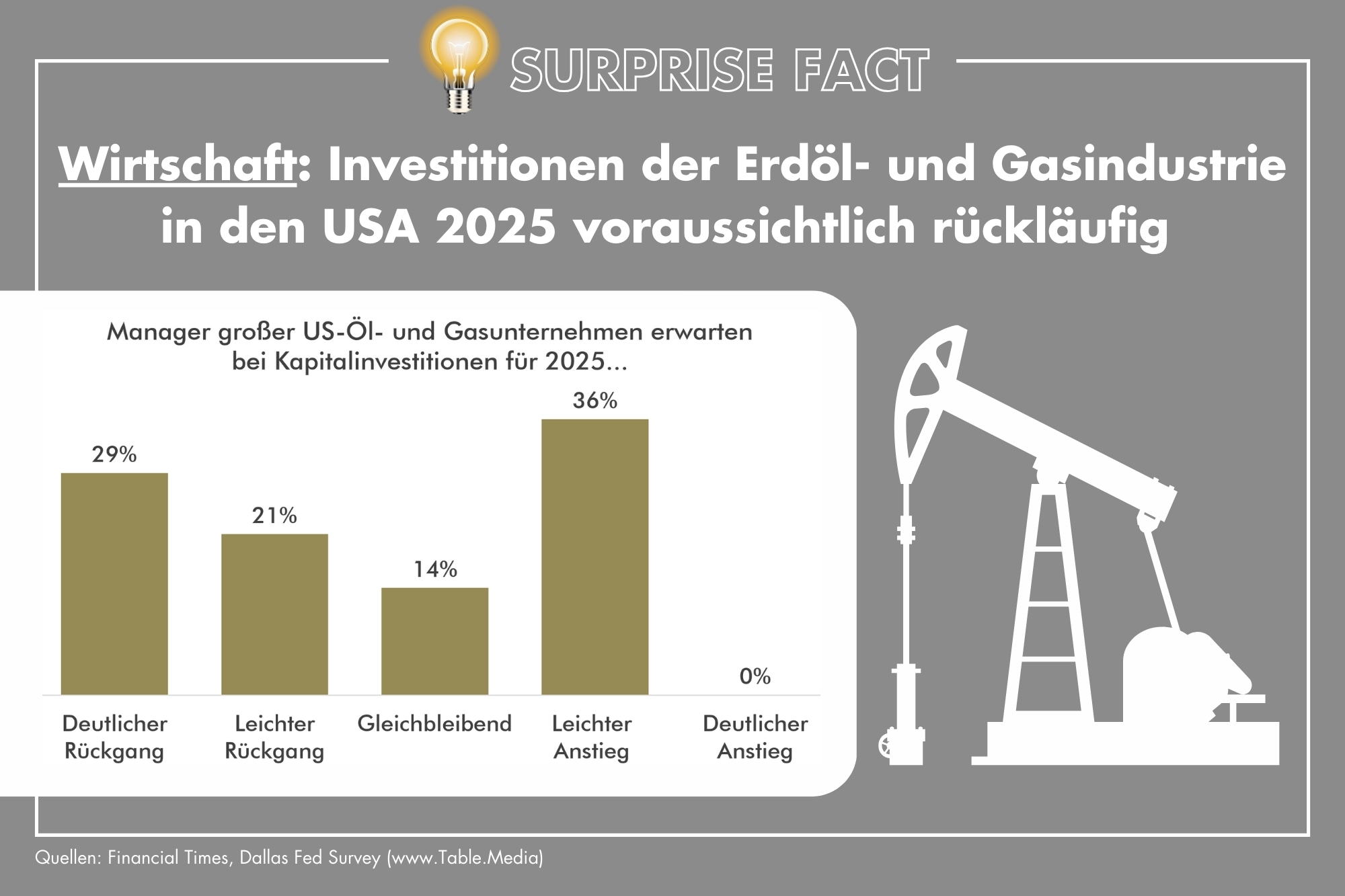The feeling that politics has everything under control — that is what people want, explains the British politician and vice-director of Goldman Sachs International. The interview edited by Alan Webber.
Disruption in economic life in a free society is inevitable. Disruption is the result of new ideas, new ways of doing things and new techniques. But there is a negative side to disruption. The question is, as a society how do we handle, on the one hand, the good side of innovation and, on the other hand, the costs that people have to bear? It’s important from society’s point of view that we facilitate change. When it’s out of control, people get frightened.
”I think disruption is everything in our economy. It goes with innovation.”
Brexit was about the United Kingdom taking back control of two things: its laws and its borders. I don’t think the British people are racist, xenophobic, nativist, let alone fascist. The problem is, for a number of years the government has proposed an immigration target and it has been consistently overshot. The government seems unable to control immigration.
Today you can divide society between “anywhere people” and “somewhere people.” Typically “anywhere people” typically are university graduates, professionals, internationally mobile, and tend to be socially liberal. “Somewhere people” tend to be the people who have really suffered over the last ten years. They are Cornish fishermen, Welsh sheep farmers, Sheffield steel workers. Their real incomes have declined.
Brexit was a protest vote from them. They were saying, “Stop! We’re part of this society, too, and nobody is paying attention to what has been happening to us.” Inequality in Britain has actually declined in recent years so it‘s now at the level it was in 1984 but there‘s a greater sense of exclusion. And there is another factor. When I was growing up, most parents thought their children would do better than they had done. Today people do not have confidence that their children will be better off.
”Britain is not anti-Europe.“
I think our society has become too individualistic. People are looking for community and for life within communities. And they are looking for the sacred. If you study history you recognize that in Europe we have different cultures, different languages, different institutions, different literatures. The vision of 1945, the European Coal and Steel Community, which had a strong Catholic element to it, was a terrific vision. But in suppressing nationalism, it also undermined patriotism.
One key element of Brexit is that idea of patriotism – not nationalism, but patriotism. The reason for the growth of minority parties in Europe, some of which have a very nasty side to them, is that we have denied people the opportunity to say in public, “I am a patriot,” without being a nationalist.
It’s in our self-interest as the United Kingdom to have a strong European Union. In the end, Britain leaving the EU is good for Europe. It is forcing Europe to face up to the fact that the present trajectory is not sustainable.
”The UK is not leaving Europe but it is leaving Brussels.”
When I think about how this applies to Upper Austria, I’d say, first, that regional devolution is very important. Are there areas where Upper Austria could take greater control from Vienna? Second, have we invested enough in technical education, vocational training and more generally technology? Finally, the welfare state has to transition to a welfare society, a real community where people who need help can find help from others in their various communities.
VITA
Lord Brian Griffiths is a well-known British economist. He graduated from the London School of Economics and Political Science where he then taught before moving to The City University London. In addition to his position as Dean of the City University Business School, he was Director of the Bank of England between 1983 and 1985.
As advisor for domestic policy to Prime Minister Margaret Thatcher, Brian Griffiths served at “Number 10 Downing Street” as Head of the Prime Minister’s Policy Unit between 1985 and 1990. Brian Griffiths was the driving force and mastermind behind the government’s privatization and deregulation programs as well as education and broadcasting reforms, which turned out to be a key part of Thatcherism.
With Thatcher’s retirement, Brain Griffiths joined Goldman Sachs International and still serves as a director today. During his career, Lord Griffiths has dealt extensively with the relationship between economic matters and the Christian faith and has published numerous books regarding monetary policy and ethics in economic life.
Since 1991 Brian Griffiths has been a member of the British House of Lords and declared himself in favour of Great Britain leaving the European Union.





